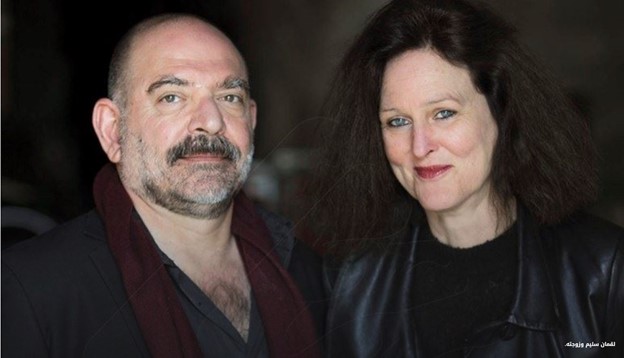
English lyrics follow this French song, which were written by Mr. Fady Bassy and Ms. Anne Marie Gaspard (https://shorturl.at/VzxzH). Happy Valentine’s Night/Day/Following Day… and entire year, hopefully filled with care, friendships, and kindness ❤️!
“Cherish and respect others with the same fervour and compassion that you afford yourself.
The consequences of our actions will inevitably mirror the intentions and efforts we invest.
In times of hardship and struggle,
When you find yourself navigating precarious situations,
Make the effort to act and you will observe the results of your actions.
Love will become your support and guiding force.
Embrace love in all its forms abundantly and without hesitation.
There will be moments when clarity eludes you,
Especially regarding the paths and diversions taken by those around you.
It’s challenging to understand the choices and journeys of others in your life.
Even when you struggle to grasp the situation,
The reasons and methods behind their actions may remain opaque.
In moments of self-doubt and uncertainty,
Remember to uphold this principle of loving others just as you love yourself.
For the outcomes we experience are directly linked to what we have chosen to cultivate.
In those challenging moments,
When life feels like a tightrope walk,
Make an effort and you will witness the implications of your choices.
Allow love to be your strength and safety net.
Endlessly dedicate yourself to love and kindness.
In the face of intolerance,
Maintain your faith and assurance within yourself.
Irrespective of the beliefs and values you hold.
If someone tries to silence or hinder you,
From expressing your truth and perspective,
Adhere to the principle of kindness and understanding.
If another individual hurts you,
Curses you or expresses disdain towards you,
Choose to respond with wisdom and restraint.
In opposition to the urge to retaliate,
That seeks confrontation and conflict,
The only viable way forward is to respond with love.
Continue to love others just as you love yourself.
For the fruits of our actions will always reflect the seeds we choose to sow.
In moments of struggle,
When life feels uncertain and precarious,
Put in the effort and observe the unfolding of love’s power.
Let love be the force that carries you through.
Devote yourself entirely to the practice of love”.










